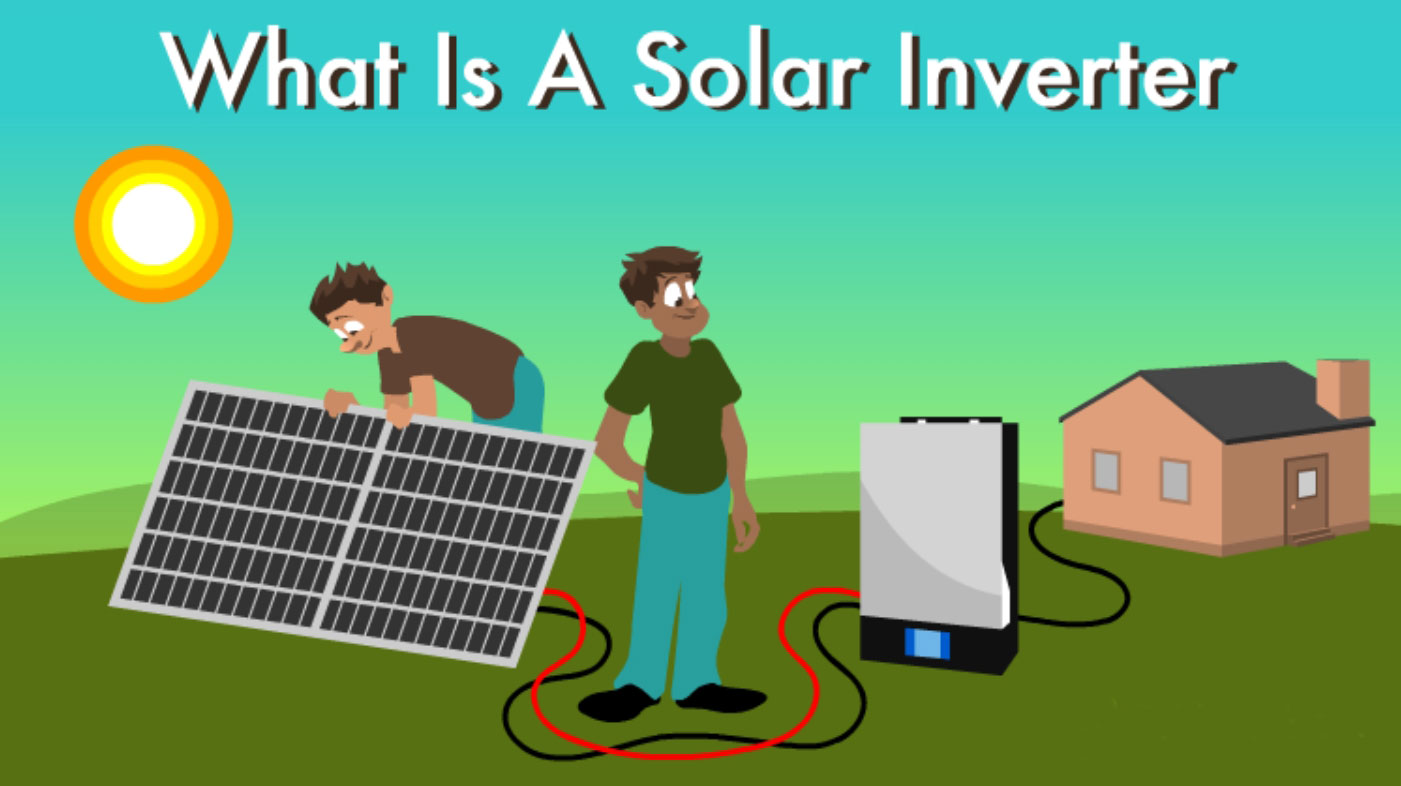Solar inverters play a crucial role in household energy storage systems, especially in those equipped with solar panels. Here are several reasons why solar inverters are indispensable:

- DC to AC Conversion: Solar panels generate direct current (DC) electricity, while most household appliances operate on alternating current (AC). Solar inverters convert the DC electricity produced by solar panels into AC electricity, which is compatible with household appliances.
- Optimizing Power Output: Solar inverters ensure that the solar panels operate at their maximum power point, maximizing energy production. They continuously adjust the voltage and current to match the varying conditions, such as changes in sunlight intensity or temperature, to extract the most energy from the solar panels.
- Grid Interaction: In grid-tied systems, solar inverters manage the interaction between the solar energy system and the utility grid. They synchronize the solar system’s output with the grid’s frequency and voltage, enabling seamless energy exchange. Excess solar energy can be fed back into the grid, allowing households to earn credits or revenue through net metering or feed-in tariffs.
- Energy Storage Integration: In household energy storage systems, solar inverters often work in conjunction with batteries. They control the charging and discharging of batteries, managing the flow of energy between the solar panels, batteries, and household loads. This ensures efficient utilization of stored energy and provides backup power during grid outages.
- Monitoring and Control: Advanced solar inverters come with monitoring and control capabilities, allowing homeowners to track their energy production and consumption in real-time. They can remotely monitor system performance, detect faults or issues, and adjust settings as needed for optimal operation.
- Safety Features: Solar inverters incorporate various safety features to protect the system and household occupants. These may include overvoltage and overcurrent protection, ground fault detection, and rapid shutdown mechanisms to ensure system safety during maintenance or emergencies.
- Efficiency and Reliability: Modern solar inverters are highly efficient, converting a high percentage of solar energy into usable electricity. They also undergo rigorous testing and adhere to industry standards to ensure reliability and longevity.
- Scalability and Flexibility: Solar inverters offer scalability, allowing homeowners to easily expand their solar energy systems by adding more panels or batteries. They also provide flexibility in system design, accommodating different installation configurations and preferences.
Solar inverters are indispensable components of household energy storage systems, enabling efficient utilization of solar energy, seamless integration with the grid, and reliable power supply for homes. Their role in optimizing energy production, managing energy storage, and ensuring system safety underscores their critical importance in residential solar installations.
